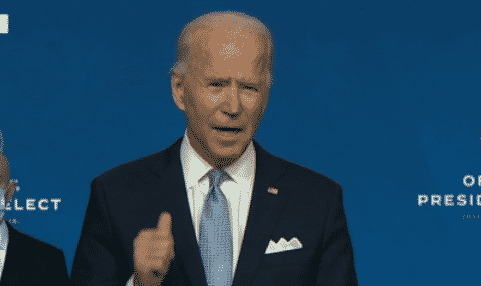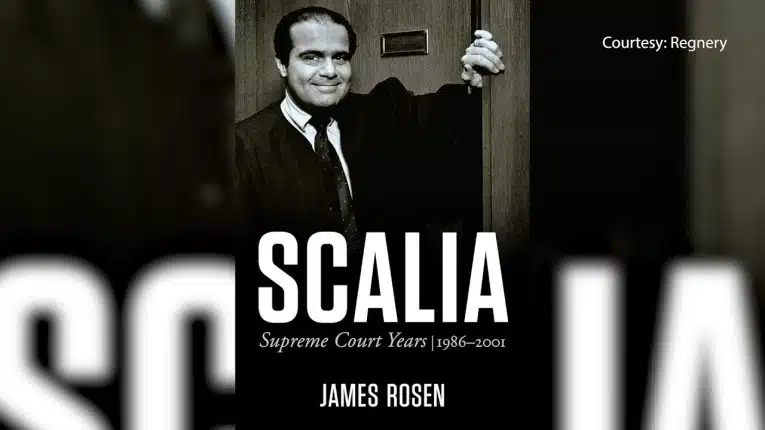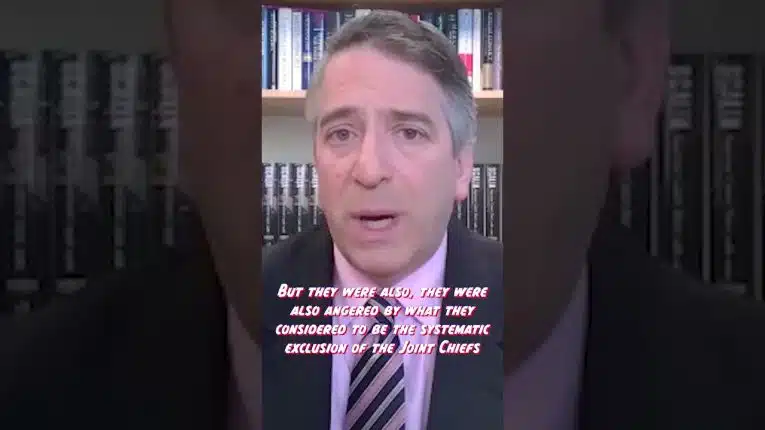
By Rick Manning
The final outcome of the presidential and Senate majority fight remain in doubt, but no matter how things turn out, Americans will be much better educated about the importance and primacy of the states over many aspects of governance.
On many matters, states have a much more significant role than the federal government. Election law is just one example where the federal courts seem to be bending over backwards in deference to the states, but another that was discovered during the first four years of the Trump administration is enforcement of federal immigration policy, and there has long been an argument over whether the federal government has any real enforcement power over education, transportation, land and housing policies.
This is stunning. Since Franklin Roosevelt’s presidency almost 90 years ago, we’ve seen a steady stream of power away from state capitols and local governments toward the administrative state in Washington, D.C.
In one of the ironic twists, the United States Supreme Court let stand a lower court ruling that the federal government could not withhold appropriated law enforcement dollars from states that refused to enforce federal immigration policy. Because this case is precedent setting, it is of mounting importance. In California v. the United States, the far-left Attorney General of California actually argued,
“The Constitution “‘confers upon Congress the power to regulate individuals, not States.’” Murphy v. Nat’l Collegiate Athletic Ass’n, __ U.S. __, 138 S. Ct. 1461, 1476 (2018) (quoting New York v. United States, 505 U.S. 144, 166 (1992)). Under the Tenth Amendment and the structure of the Constitution, the federal government may not compel state officials to enforce or administer a federal regulatory program. See Printz v. United States, 521 U.S. 898, 935 (1997). Similarly, it may not require state legislatures to affirmatively adopt federally preferred policies, see New York, 505 U.S. at 161-162, or prohibit them from enacting legislation of their own choosing, see Murphy, 138 S. Ct. at 1477-1478.”
Assuming that the Supreme Court will apply the same regard to conservative states as they have given the state of California, these states can resist a potential Biden administration’s encroachment on their state policies. And they will have the Attorney General of California to thank! He obtained the Court’s implicit agreement that the federal government cannot force states to enforce or administer a federal regulatory program.
Apply that rule to just one of the Obama/Biden administration policies that a possible Biden presidency would likely resurrect, the Housing and Urban Development’s (HUD) Affirmatively Furthering Fair Housing regulation, which allowed HUD to effectively have veto power over local zoning decisions that federal bureaucrats determined had a disparate impact on racial desegregation if a locality had accepted Community Redevelopment Grant funds.
If the Trump Justice Department could not withhold federal funds from California for its refusal to assist in enforcement of immigration laws, then it seems logical that HUD cannot take over local zoning, using the denial of federal grants as a cudgel. (NOTE: Even with this assumption, just to be safe, no locality should apply for or accept a federal redevelopment grant and Congress should take steps to make certain that when given, they are unfettered by federal government strings.)
The choice to let stand the lower court ruling in the California case matters immensely. Should Joe Biden become President and the state of Georgia not provide Senate Democrats a majority in their run-off election on January 5, Biden’s only path to enforce his socialist vision will be through regulatory action.
With the GOP controlling the legislative and governor’s offices in twenty-four states and with full control of the legislative branch in thirty-one states in 2021, almost half the states could opt-out or outright reject the most egregious federal policies, effectively neutering Biden on domestic policy.
To strengthen their legal hands, it might be wise for GOP-controlled states with common interests in land, environmental, education, judicial or housing policies to band together in compacts for the purposes of asserting their Tenth Amendment right to resist federal policies which the state of California so helpfully asserted and won when it came to federal immigration enforcement.
And by the Court’s ending the ability of the federal government to deny states funding who refuse to assist enforcement of regulatory edicts, the power to coerce state compliance is largely stripped away.
Of course, this is predicated on the assumption that the Supreme Court will treat issues brought forward by GOP-led states seeking to stop the growth of federal government power as they did to California in its attempt to aid and abet criminal aliens from deportation.
Who knows, stranger things have happened, after all, the media would have us believe that more than 80 million people voted for a guy on November 3, who hid in his basement out of fear of getting sick rather than actually running for the office.
Rick Manning is president of Americans for Limited Government.






